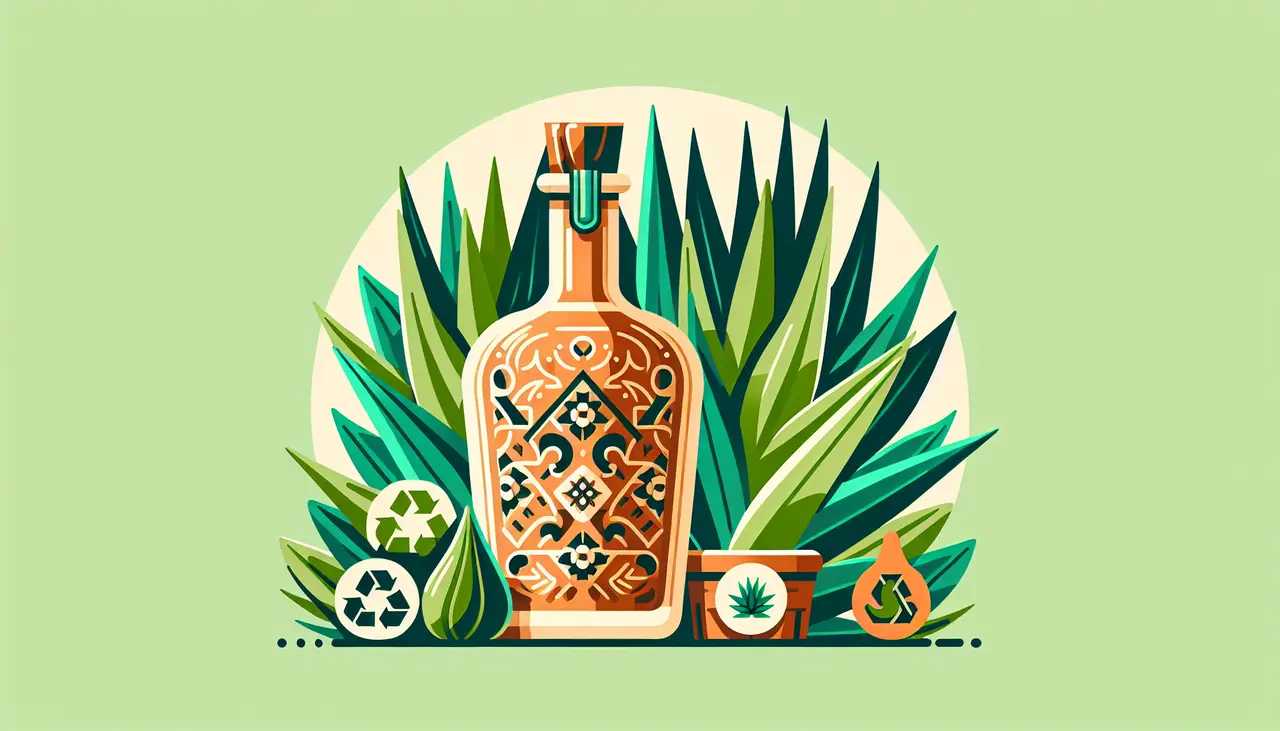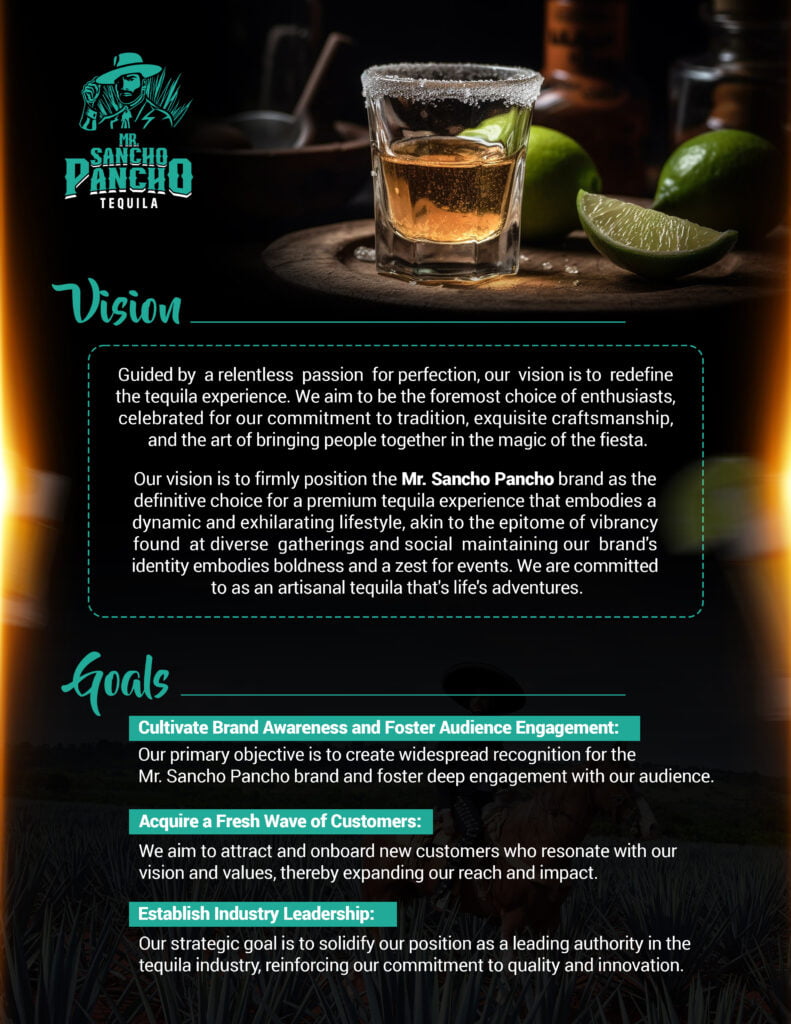Luxury tequila has long been celebrated for its rich flavors and sophisticated craftsmanship. Recently, there’s been a shift towards marrying tradition with sustainable practices, ensuring this iconic spirit not only retains its authenticity but also respects our planet. In this blog, we’ll explore how the luxury tequila industry is embracing sustainable methods while staying true to its roots.
The Origins of Luxury Tequila: A Brief History
Understanding the origins of luxury tequila involves delving into the rich history and cultural significance of this cherished spirit. With roots in the ancient agave fields of Mexico, tequila has evolved over centuries while maintaining its artisan charm.
Long before tequila became a staple in today’s luxury market, it was crafted by indigenous peoples in what is now Mexico. The agave plant’s cultivation dates back thousands of years, playing a significant role in the rituals and daily life of early civilizations. Over time, the methods of production have been refined and perfected, helping tequila to secure its place as a quintessential element of Mexican culture.
The introduction of modern distillation techniques in the 1600s marked a turning point in tequila production. This blend of traditional knowledge and emerging technology established a foundation for today’s luxury brands. It’s fascinating to see how historical practices inform current artisanal techniques, ensuring that every bottle is steeped in culture and history.
Embracing Sustainability in Agave Cultivation
As the demand for tequila grows, so does the importance of sustainable agave cultivation. From organic farming to the careful selection of harvesting techniques, producers are innovating to ensure that the agave plants are nurtured in harmony with nature.
Sustainability isn’t just a buzzword but a necessary evolution for the tequila industry. Traditionally, agave plants are planted and grown with little concern for the toll on the environment. However, as awareness has grown, producers are increasingly turning to organic farming. The use of bio-fertilizers and crop rotation techniques help to ensure the long-term health of the soil, which is crucial for sustainable agricultural practices in the tequila industry.
In addition, implementing water conservation techniques has become critical. Some luxury tequila brands invest in systems that recycle water during the production process, significantly reducing their environmental footprint. This not only conserves a precious resource but also demonstrates the industry’s commitment to eco-friendly innovation.
Traditional Production Methods and Modern Innovations
Luxury tequila retains its distinct character through traditional production methods, such as slow roasting and natural fermentation. However, modern innovations are being integrated to enhance sustainability without compromising quality.
At the heart of production lies the roasting of the agave hearts, traditionally performed in stone ovens or autoclaves. This method infuses the tequila with a complexity of flavors that enthusiasts cherish. Concurrently, modern technology is allowing producers to experiment with methods that don’t rely as heavily on fossil fuels, further decreasing the industry’s carbon footprint. By integrating solar energy into the distillation process, they’re finding ways to maintain the depth and quality of the spirit while being environmentally responsible.
Sustainable Packaging and Its Impact
The environmental impact of packaging is a crucial consideration for luxury tequila brands. By adopting sustainable materials and practices, these brands are reducing waste and setting trends in environmentally responsible packaging.
A significant aspect of a product’s sustainability is how it is packaged. Many luxury tequila brands are now opting for recycled or biodegradable materials in their packaging, cutting down on waste and pollution. Innovative solutions, like using glass made from recycled materials, not only reduce landfill but also bring new life to resources. Beyond the materials, tequila brands are starting to explore bottle designs that require less raw material, balancing aesthetic appeal with environmental considerations.
The Role of Certifications in Ensuring Quality and Sustainability
Certifications play a vital role in verifying the sustainability practices of tequila producers. These certifications not only assure quality but also increase transparency, allowing consumers to make informed choices.
Certification systems act as a beacon of trust for consumers who are keen on making ethical choices. Accrediting bodies like the Tequila Regulatory Council ensure that tequila producers adhere to strict guidelines that encompass environmental, social, and economic sustainability. Certifications that emphasize organic agave cultivation and fair trade practices assure customers of the brand’s commitment to preserving the environment and protecting the welfare of its workers.
A Toast to the Future of Luxury Tequila
The journey of luxury tequila from field to glass is a testament to the power of blending tradition with sustainability. As producers continue to honor age-old practices while adopting eco-friendly methods, they ensure that this precious spirit can be enjoyed by future generations. With each sip, we can appreciate not just the flavor, but the commitment to a more sustainable world. Explore more about our sustainable practices on our homepage.















